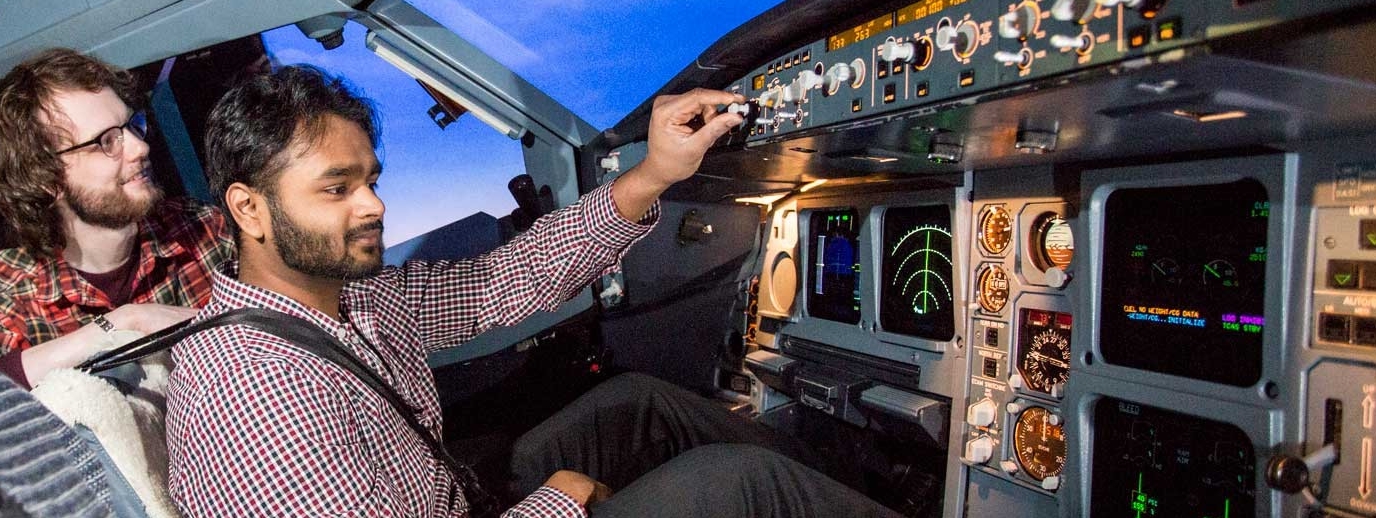About the Institute for Co-operative Education

Work-integrated learning has always been central to Concordia’s educational philosophy. In the 1950s, Concordia’s predecessor, Sir George Williams University, pioneered "Earn while you learn" programs in retailing. This tradition continued with the establishment of the Institute for Co-operative Education in 1980 at Concordia, marking a milestone when the first cohort enrolled in September 1981.
In 1993, Concordia launched the "Real Education for the Real World" campaign, a slogan that resonated for years. Concordia remains dedicated to experiential learning, including work-integrated learning (WIL), which has been a cornerstone since the introduction of the university’s Strategic Directions in 2016. In 2022, Concordia further committed to providing every incoming undergraduate student with at least one experiential learning opportunity during their studies, increasing to at least two by 2025.
Looking forward to the future
As workplace dynamics evolve rapidly alongside technological advancements and changing demographics, the labour market is undergoing significant transformation. Concordia continues to enhance its work-integrated learning offerings, crucial for student educational and career development, while also providing employers with a pipeline of talent enriched with diverse perspectives.
Responding to growing demand from students and employers alike, the Institute has expanded significantly. It now supports over 5000 students annually across more than 70 undergraduate and graduate programs spanning all four faculties, facilitating over 2000 internships each year.
The Institute offers a diverse range of opportunities, including traditional co-op programs at both undergraduate and graduate levels, the one-term Career Edge option, and the Accelerated Career Experience (ACE), a 12-to-16-month work-integrated learning pathway. These initiatives empower students to launch their careers locally in Montreal, across Canada, and internationally.